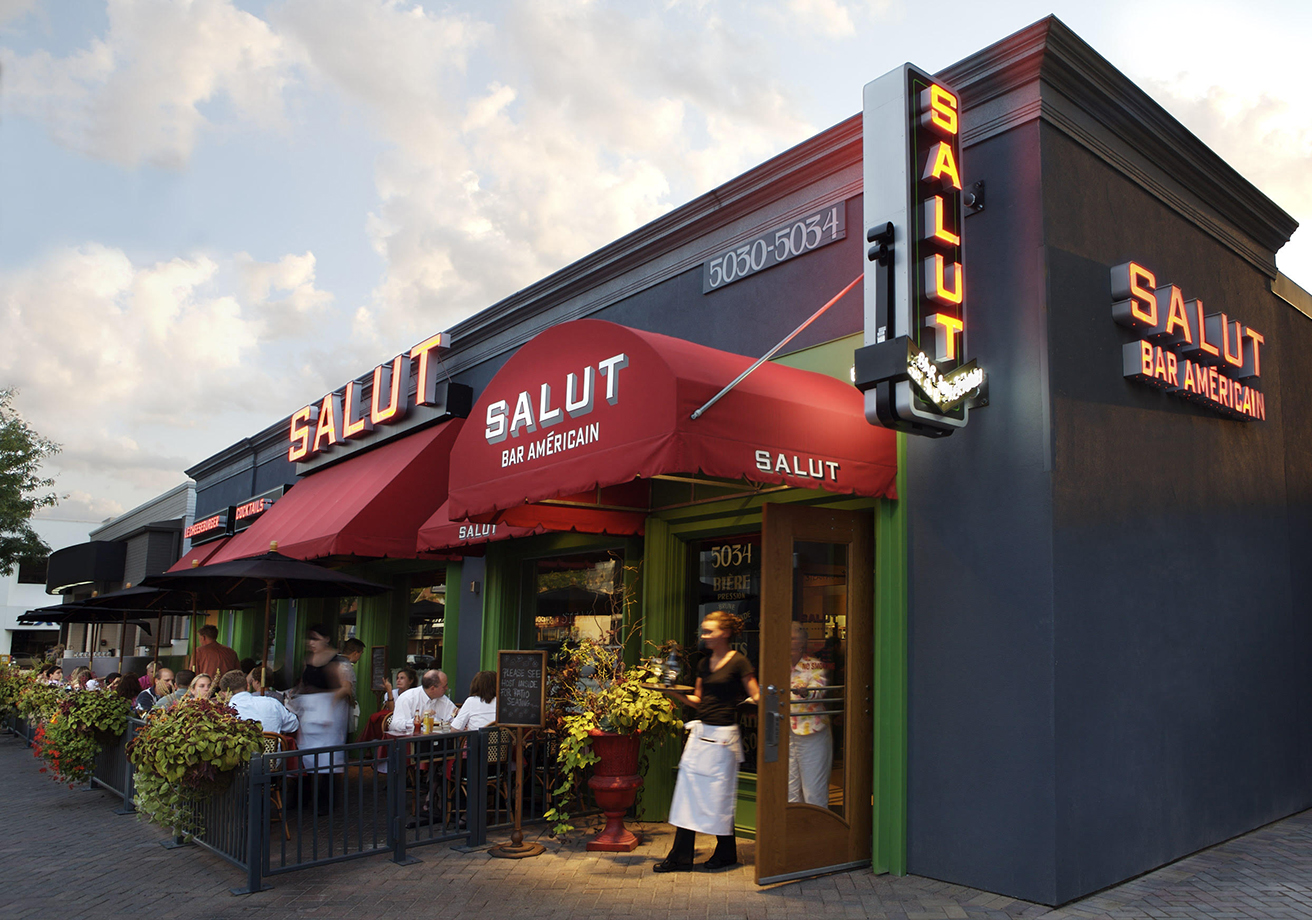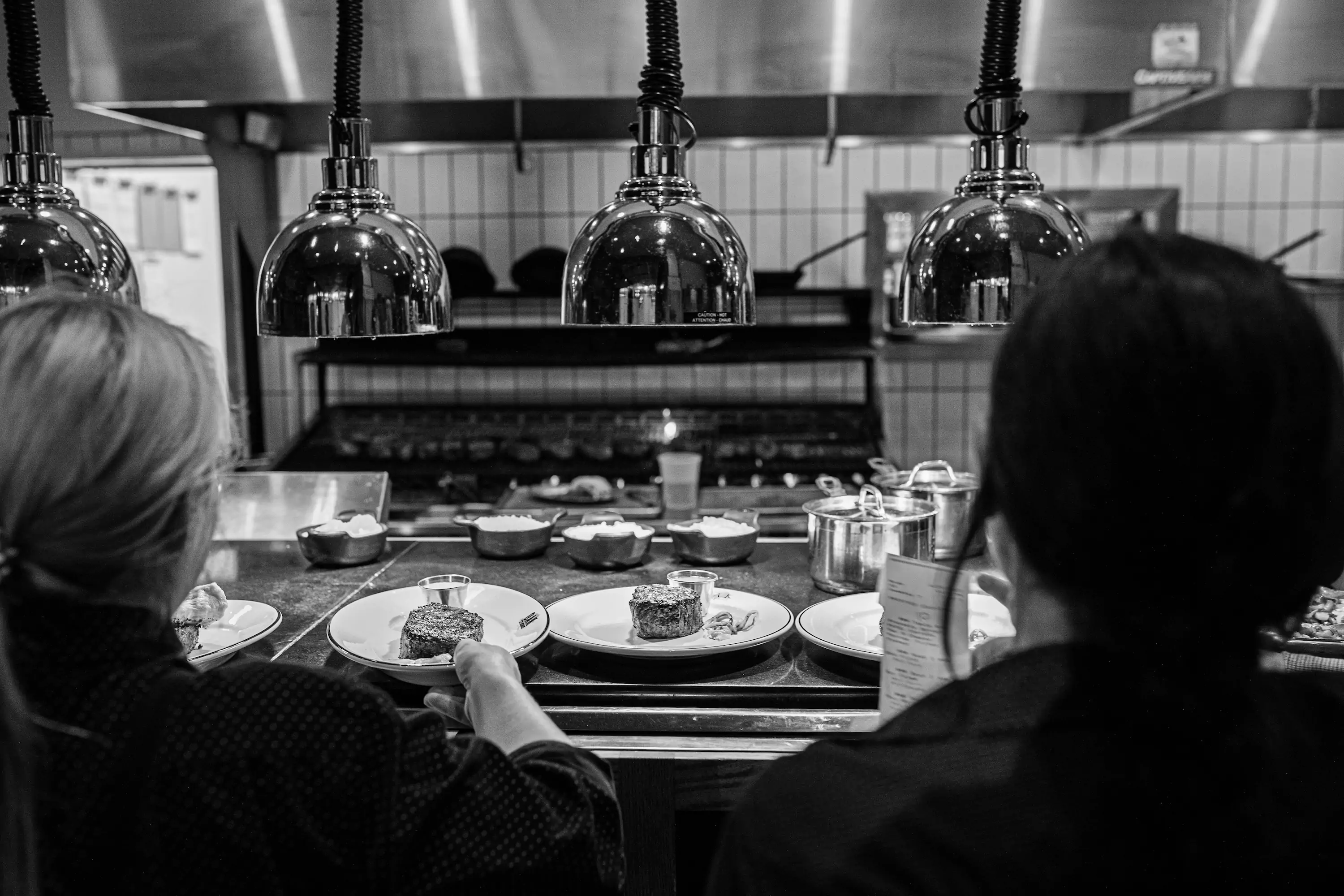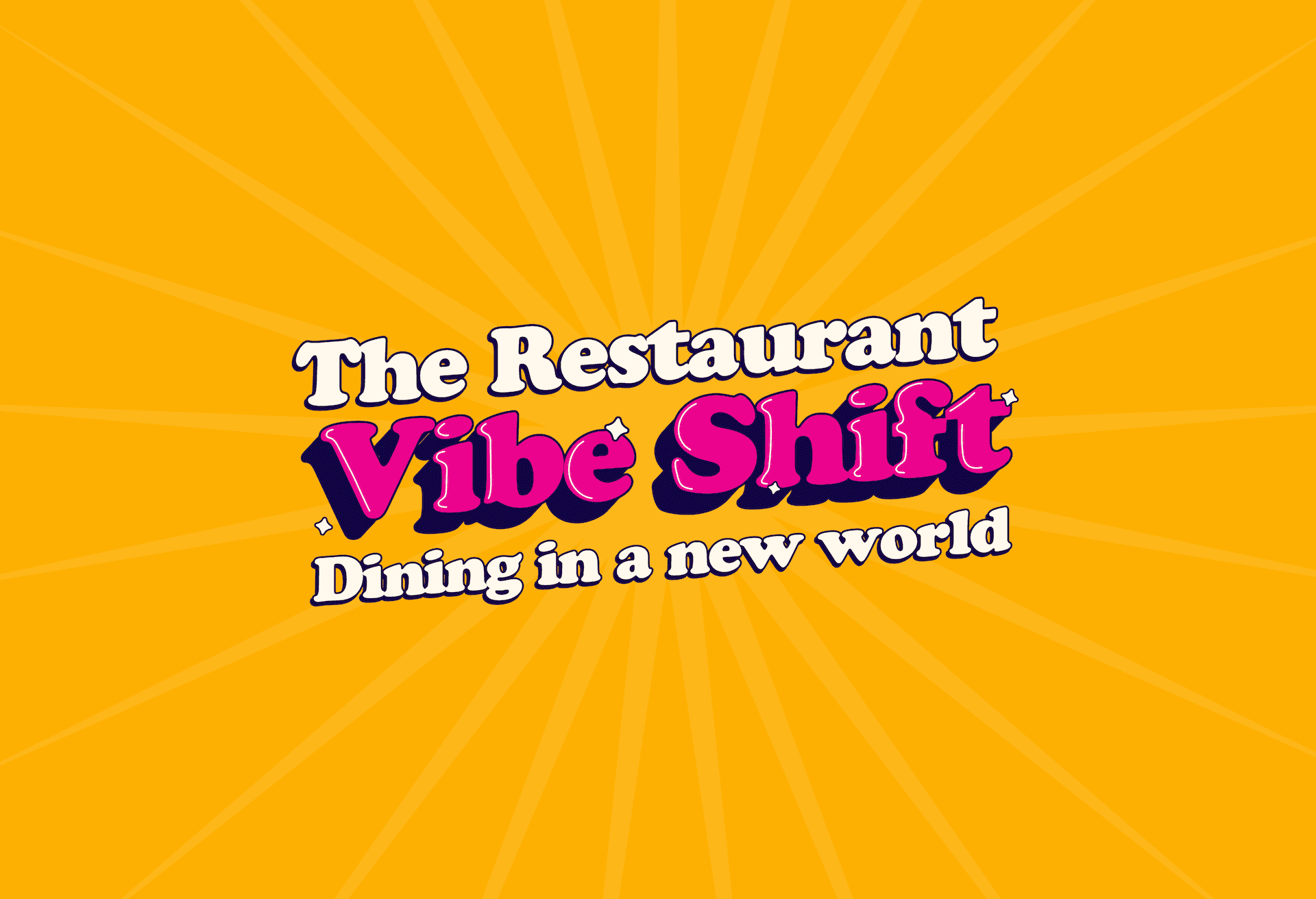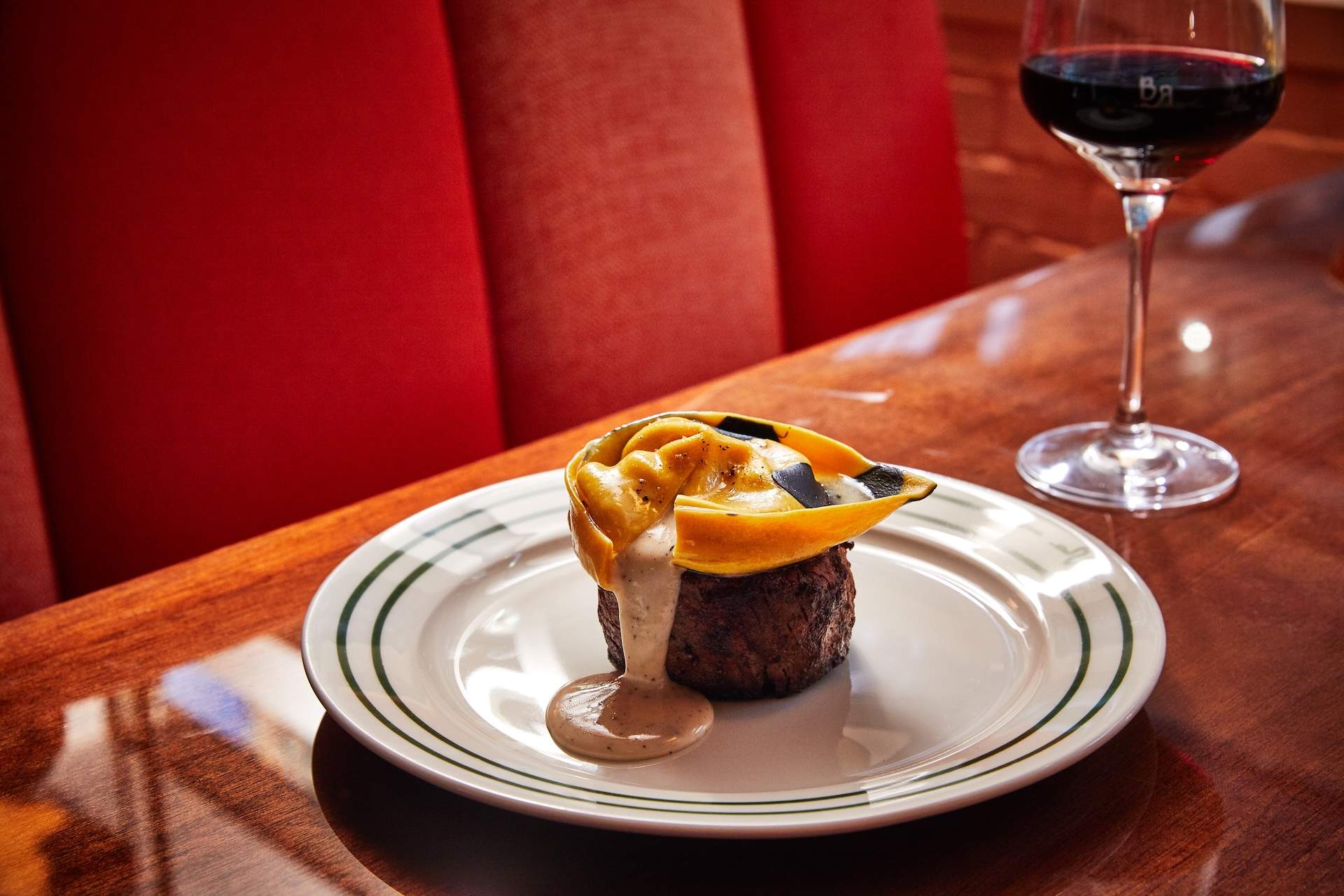As the hospitality industry breathes a collective sigh of relief around the gradual slowdown of the COVID-19 pandemic and begins to take stock of the new normal of their surroundings, a number of business owners are coming to the same conclusion — COVID created a challenging yet illuminating environment for certain medium-sized restaurant groups to not only survive, but also emerge stronger and more wisened than before.
“As it is in the stock market, if you’re diversified more, you can do more,” says Jason Berry, the founder and principal at KNEAD Hospitality + Design in Washington, D.C., which includes restaurants like The Grill, Succotash, Mi Vida, Gatsby, and Mah Ze Dahr. “By definition, being a restaurant group means you have more locations, which means you can access incredible economies of scale.”
An oft-cited example, Berry notes, comes in the form of being able to order ingredients or supplies in bulk for multiple locations, thereby decreasing the per unit cost. There are some less obvious instances of these advantages of scale as well, though — for instance, at the Wharf in D.C., where KNEAD currently operates two restaurants, with a third coming soon, managers at The Grill and Mi Vida are able to communicate quickly and easily, and even adjust staffing as needed.
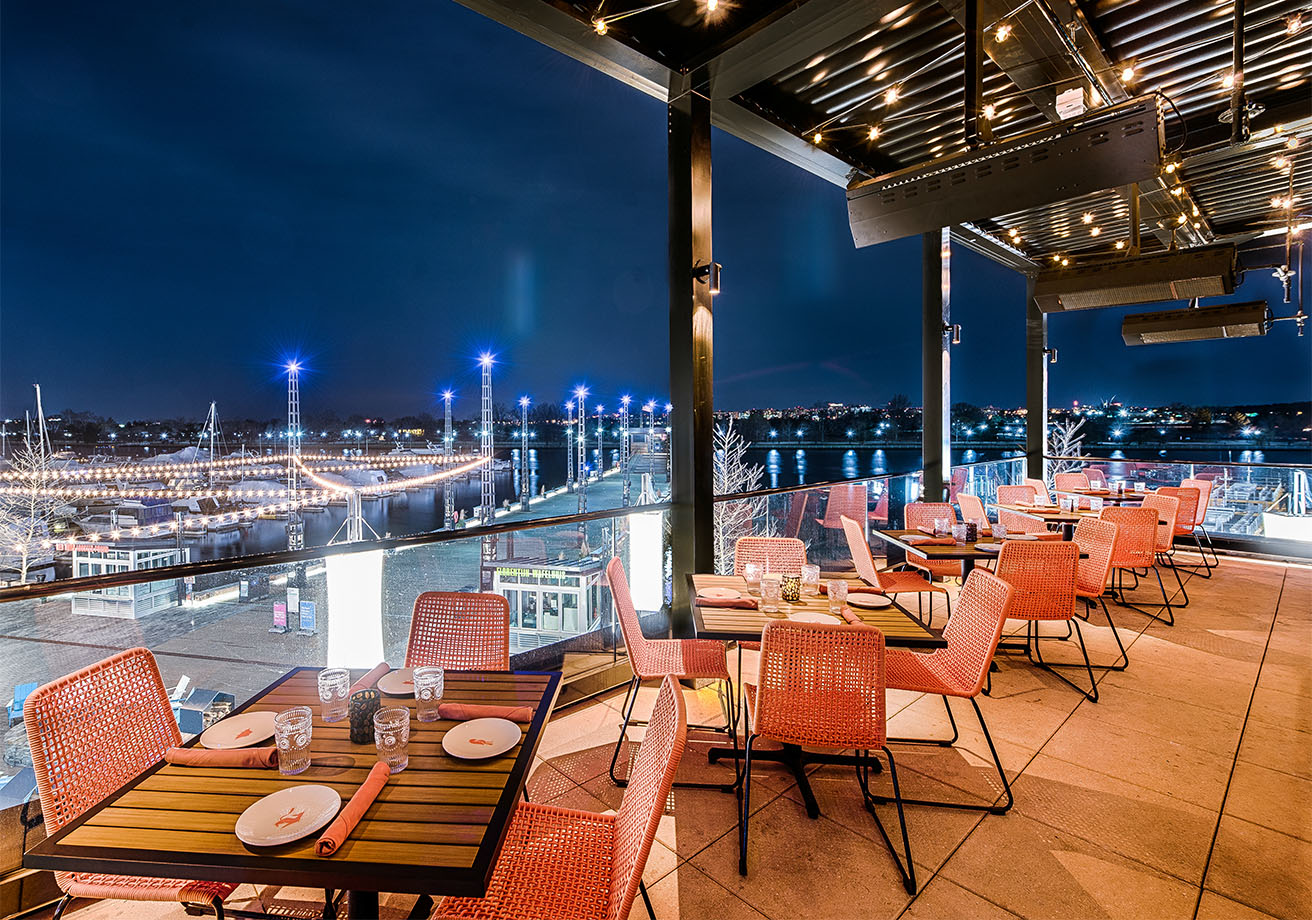
Plus, having more locations meant more opportunities to meet people where they are. The group chose to close its Penn Quarter restaurant, Succotash, “because tourism came to a standstill, and there was no one in the office,” Berry says, “but folks were still going to the Wharf, where we have a couple of other restaurants that never felt the same kind of slow-down.”
For the team at Parasole in Minneapolis and St. Paul — which encompasses Manny’s Steakhouse, Salut Bar Americain, Good Earth, The Living Room, and Prohibition — having that diversification in both suburban and urban restaurants was also key to survival. Parasole COO Donna Fahs says the group shut down its downtown restaurants because of decreased business from workers who were now remote. “But we were able to offset a lot of this with our suburban restaurants, which were where more customers were actually living and now working,” she says.
Getting back to “normal” remains a slow process, and some of Parasole’s downtown bars remain shuttered. But thanks to the multiple locations of Parasole’s other businesses, the team has been able to keep services running across the group.
Having local cachet also mattered. “Even during a pandemic, everyone feels the need to socialize and, of course, to eat,” Fahs says. “A lot of our diners who would otherwise have gone to a big steakhouse downtown filled the need of that dining experience by going to a smaller steakhouse in more of a neighborhood location.”
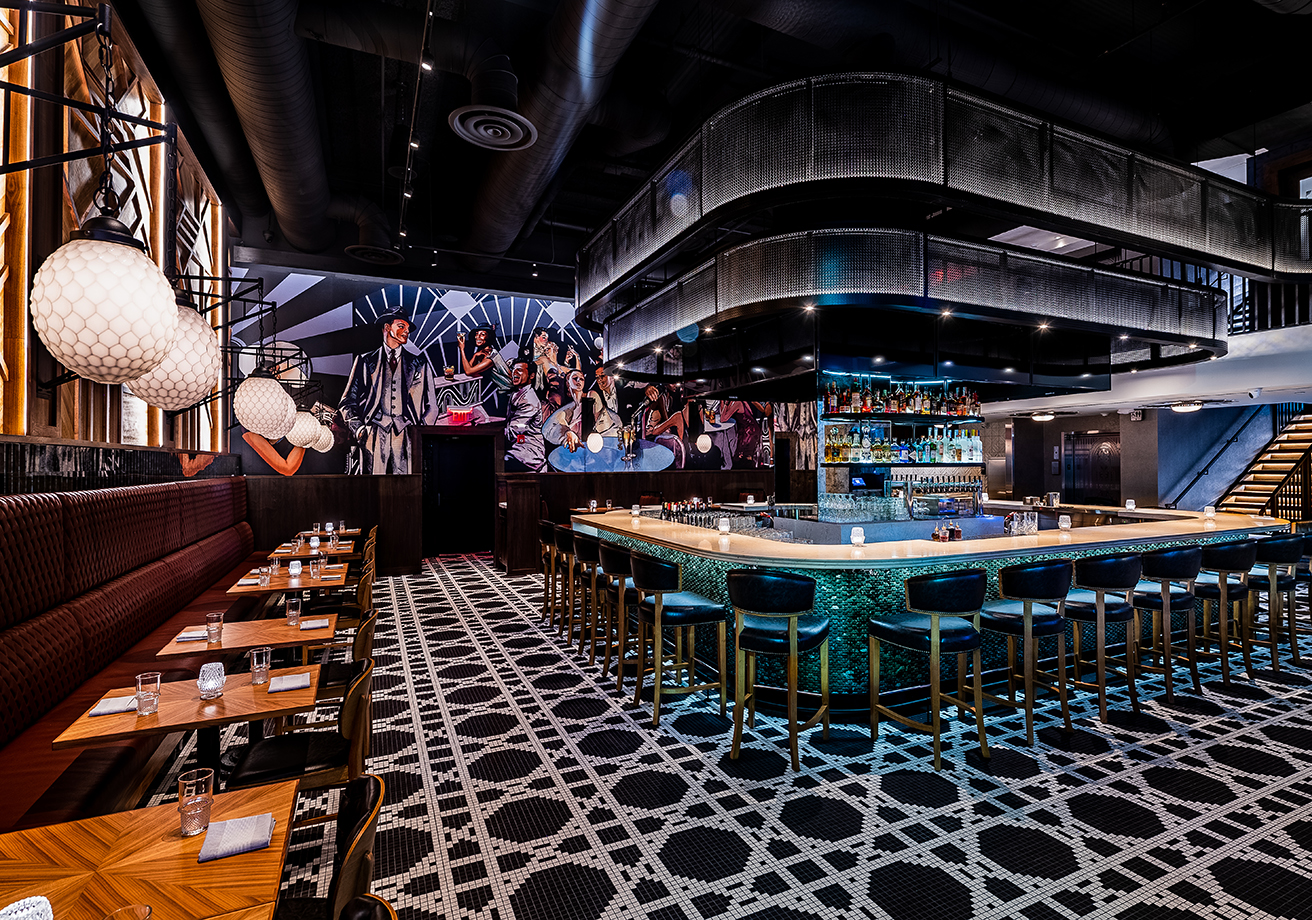
Berry echoed that KNEAD’s restaurants have also benefited in recent months from being local fixtures rather than national chains. “We actually had a great opportunity fall into our lap with Swingers,” he says. The London-based mini-golf experience opened its first U.S. location in D.C. in June and was purposeful about selecting a local partner to run the food program in its sprawling, 20,000-square-foot location. “Swingers really wants to represent local operations, so if they open in Colorado, they probably won’t choose KNEAD to do their food concepts,” Berry says. But in D.C., where KNEAD has a reputation for great, diverse food, the group was a natural fit.
That’s been a common thread for larger companies and real estate developers looking for restaurants to fill spaces, Berry adds. “If you’re known as a local, successful entity, developers and landlords really do want you,” he says. Fahs notes a similar trend in Minneapolis, where a desire for local products and goods has reigned supreme for years. “Even more so than before, I think there’s a great push to be and buy local,” she says. “We have a shared value around local entrepreneurship.”
Fahs believes that the pandemic will have a lasting effect on Parasole, but one that could actually work in the restaurants’ favors. “The things we did to save ourselves will benefit us in the long term,” she says. “We reduced waste significantly, streamlined our menu, streamlined scheduling, and did everything we could to save every nickel and dime regardless of what restaurant we were thinking about.” Employees were cross-trained to both serve and host, and careful decisions were made about opening hours and mealtimes.
“We’ve come to think of our whole business differently,” Fahs says. “And little by little, we’re going to get back to normal — even if it looks a little bit different, for better or worse, than it did before.”
